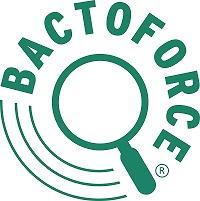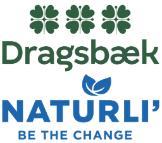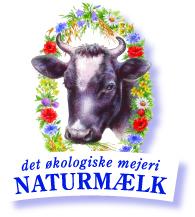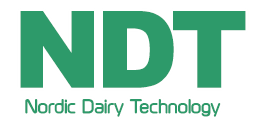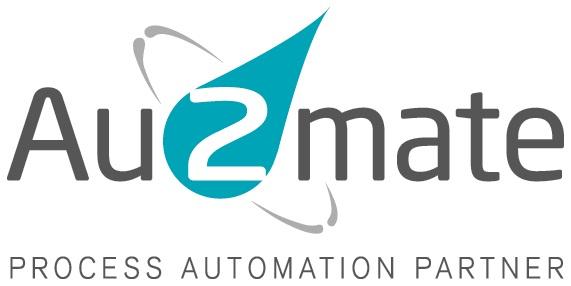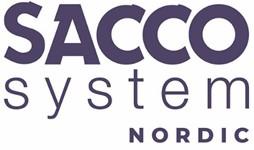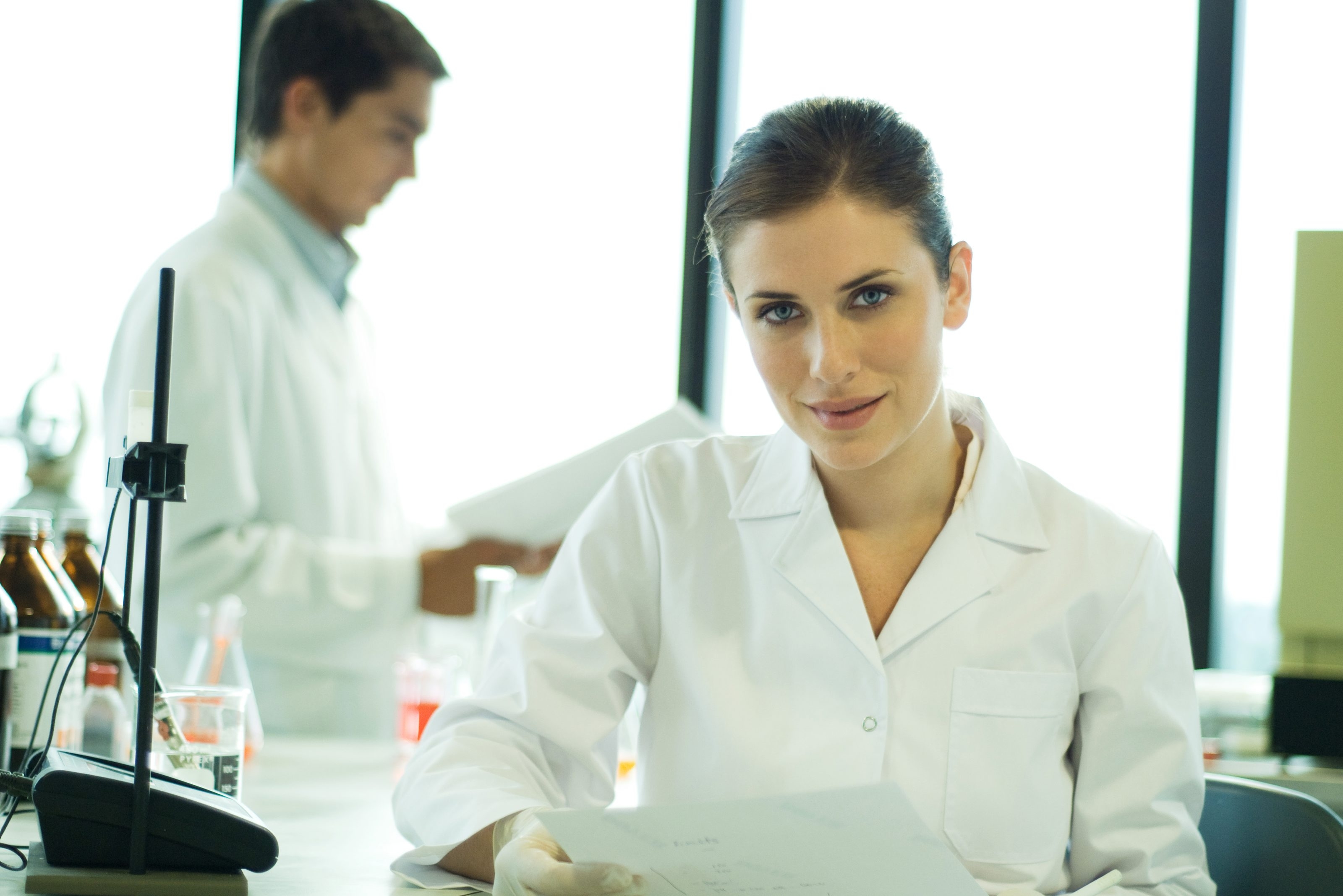
ARRANGEMENTET ER AFLYST
En dedikeret dag til dansk mejeriindustri om mejerirelevante Ph.D.-projekter
Mejerifolk med interesse for innovation og forskning kan på ’PhD - dagen’ blive opdateret på seks igangværende mejeriprojekter, hvor forskerne er klar med præsentationer og indbyder til dialog.
5. marts afholder Mejeriteknisk Selskab i samarbejde med førende universiteter i Danmark et helt nyt tiltag i bestræbelserne på at optimere vidensdelingen i dansk mejeribrug. Her vil seks PhD - studerende præsentere hver deres PhD - projekt, som alle omhandler mælk eller komponenter der kommer fra mælk. Emnerne vil således være indenfor mejerikemi, mikrobiologi, mælkebehandling, teknologier, ernæring, miljø og m.m. De vil være mindst halvvejs i deres 3-årige PhD - forløb, og projekterne er i god gænge.
Formålet er at skabe et forum, hvor de studerende får lov at præsenterer deres projekter for mejeribranchen med mulighed for sparring og feedback fra mejeribranchen. Mejerindustrien får til gengæld mulighed for at lære nyt og få indsigt i, hvad der forskes i på universiteterne i Danmark. Der vil være god tid til diskussion og debat om det enkelte PhD - projekt efter hvert indlæg.
Program teaser in English:
A day delicate to dairy science & research
Dairy people with an interest in innovation and research can be updated at 'The PhD - Day' on six ongoing dairy projects, where the researchers are ready with presentations and invites to a dialogue with the dairy industry.
5th of March, Danish Society of Dairy Technology in cooperation with leading university in Denmark invite toa brand-new initiative in the effort to optimize knowledge sharing in Danish dairy industry. 6 PhD students will present their PhD project. All 6 projects deal with milk or components that come from milk. The topics will thus be within dairy chemistry, microbiology, processing, technologies, nutrition, environment etc. They will be at least halfway through their 3-year PhD course, and the projects are in good progress.
The purpose is to create a platform where students can present their projects to the dairy industry with the opportunity for dialogue and feedback from the dairy industry. The dairy industry gets the opportunity to learn new and gain insight into what is being researched at the universities in Denmark within the dairy field. After each presentation there will be time for discussion and debate of the individual PhD project between the audience and the PhD student.
Price:
For members of the Danish Society of Dairy Technology: DKK 2,195 + VAT
For non-members: DKK 2,695 + VAT
For Ph.D. students and MSc students: DKK 695 + VAT

Stability of the natural colorant norbixin
Norbixin is extracted from the seeds of the Annatto plant. It is one of the most used natural colorants in food products and often used in dairy products such as cheddar cheese. However, norbixin is prone to bleaching affecting the shelf life of norbixin coloured food products.
This presentation presents an investigation of several factors affecting the stability of norbixin. Besides this, an analysis of the oxidation products formed during norbixin storage will be presented and linked to the mechanism behind the degradation of norbixin.
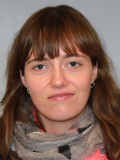
Differentiation of milk, including organics, with storage outside the cold chain.
Differentiation of milk is of interest for the dairy companies to be able to produce high value, clean label products with high quality and stability outside the cool chain.
I look into natural variation in milk composition and how this affects UHT milk. Central aspects are stability of organic UHT milk during storage, including calcium, citrate, casein micelle size and protein compositions. The dairy perspective is to enlighten the impact of milk production strategies on compositional changes of relevance for UHT milk stability, with the aim to obtain more stable milk products with prolonged storage outside the cool chain.

Exploiting of affinity chromatography for removal of Plasminogen/plasmin from dairy products
Affinity chromatography is exploited for the removal of Plasminogen/plasmin from acid whey. The chromatography is based on a high affinity and specific binding of plasminogen through the kringle domains lysine binding sites in Plasminogen to Tranexamic Acid. Aiming for (1) a single step purification, (2) characterization of the plasmin activity, (3) improved functionality of whey products, and (4) potential pilot- and industrial- scale up.

Impact of the brine microbiota on cheese quality
The microbiota established on the cheese surface is known to be crucial for the quality of surface ripened cheeses. The smear formation established by the surface microbiota is as an effective barrier which prevents the proliferation of unwanted microorganisms such as spoilage moulds. Thus the composition of brine microbiota may have impacts on the final cheese quality and safety. This presentation will mainly present the effects of NaCl and ripening temperature on growth and survival of yeast isolates including several Debaryomyces hansenii strains isolated from Danbo cheese brine. These yeasts have the potential to act as antifungal agents to inhibit dairy spoilage mould growth, and could therefore be applied for cheese industrial production.

Effects of non-thermal processing on milk constituents
High pressure (HP) and Pulsed Electric Fields (PEF) are emerging technologies that offer promising opportunities for mild processing of milk with preserved nutritional content and fresh-like sensory attributes. My PhD aim is to explore the impact of these technologies on milk constituents and physicochemical properties. Results show that HP processing have some significant effect on milk proteins, but is able to reduce flavor changes. PEF effect on milk constituents is less understood and changes in proteins observed in model systems are less visible in milk. Process design of HP and PEF is important to minimize their effects on milk properties.




